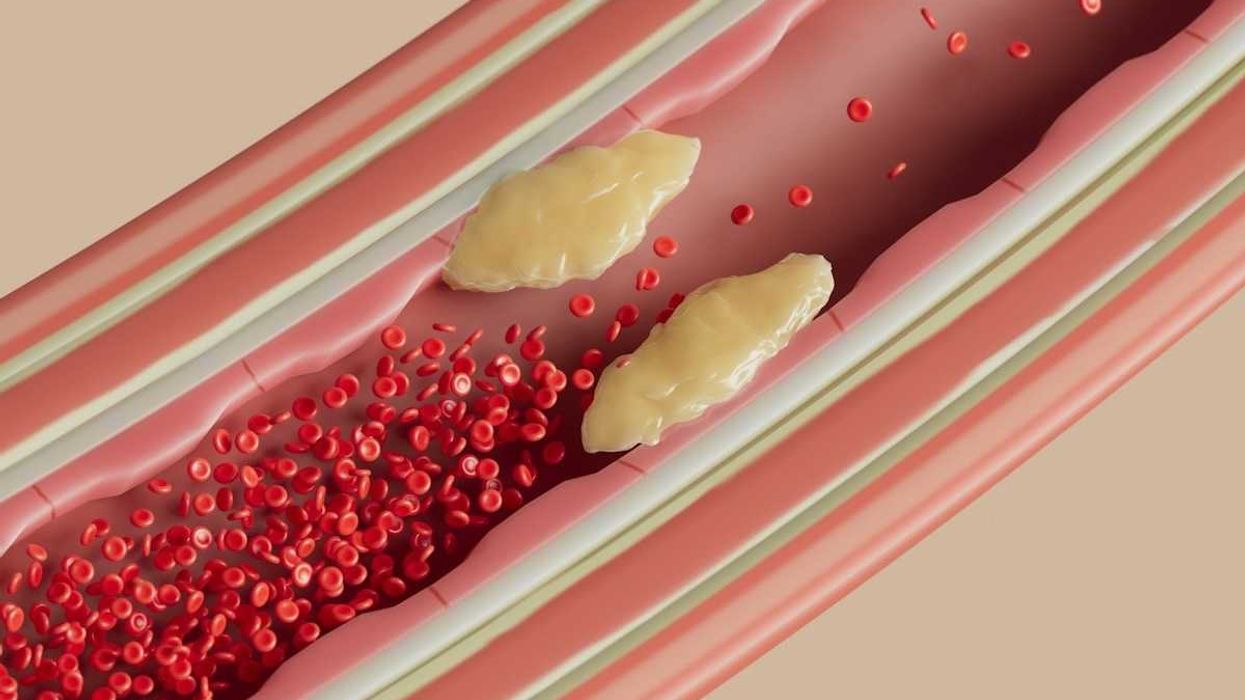Exposure to the herbicide atrazine accelerates brain cell aging and damages the hypothalamus in mice, potentially increasing risks of neurodegenerative diseases, a new study shows.
Pamela Ferdinand reports for U.S. Right to Know.
In short:
- Atrazine exposure causes brain cells in mice to age prematurely, impairing their ability to repair damage and grow.
- The study links atrazine to damage in the hypothalamus, a brain region controlling stress, growth and metabolism, through activation of a stress response pathway.
- Researchers caution that the findings, while significant, have not been tested at lower, real-world exposure levels.
Why this matters:
Atrazine, a widely used herbicide and water pollutant, is increasingly linked to risks for neurodegenerative diseases like Alzheimer’s. Understanding regulatory gaps and atrazine's effects on brain health can guide safer policies and inform public health efforts.
Also see: Op-Ed: Countries all over the world are banning atrazine. The US just keeps spraying.














